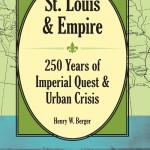
Gateway to the World
St. Louis and Empire shows how the city became a victim of its own success, and why It is vital that the region pursue its agenda abroad, while attending to vital affairs at home.

St. Louis and Empire shows how the city became a victim of its own success, and why It is vital that the region pursue its agenda abroad, while attending to vital affairs at home.
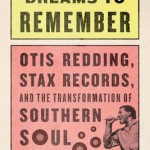
Dreams to Remember is not without its redeeming features. Redding fans may appreciate Ribowsky’s enthusiasm for his subject, and the book is less inflammatory than a 2001 Redding biography so sensational it sparked a libel suit. Readers looking for new insights about Redding and 1960s soul music, however, should leave it on the shelf.

The notion that sports leads politics, represented in feel-good accounts of Jackie Robinson ending racism, have long since failed to pass muster. Yet perhaps the true audacity of hoop in the age of Obama is that off-court political issues are considered by the widest swath of American publics when voiced by those on it.

Pitch by Pitch is exactly what its title states: Gibson describes the first game of the World Series by recounting every pitch he threw in the game and why he threw it. (He also analyzes every pitch McLain and the opposition threw as well.) It is as detailed an account as a reader can ever get of how strenuous pitching is
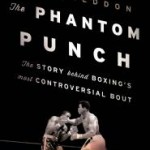
By interviewing so many of the second Ali-Liston fight’s participants and their direct descendants before their information slips away and is lost to us forever, Rob Sneddon has added remarkably to the history of boxing.
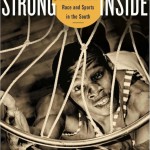
In Strong Inside, Perry Wallace shows that heroic barrier-breaking efforts can make change. The book is a robust tale of a man who rises above negative circumstances and refuses to let people make him hate.
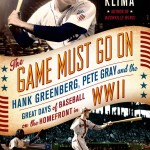
Klima states in the preface, “This is not a textbook or a reference book. I wanted it to be the first book to put baseball players into combat, and to let the reader discover the magnitude of their contributions by making them experience how they felt, yet rose to the occasion at the cost of personal sacrifice.” Klima succeeded.
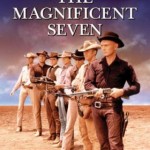
The Magnificent Seven became a defining masculinist film in a way few other films of its era could match. No character emerged more stylized from the film that Brynner’s character Chris, and the film itself symbolized the liberal, consensus, interventionist politics of the Cold War era.
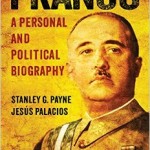
Francisco Franco, perhaps the ultimate litmus test for twentieth-century political ideology, gets a new biography of merit. But in attempting a more judicious portrait of Spain’s most preeminent political figure, the authors often overlook considerable atrocities.
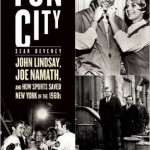
With New York City’s most iconic mayor and most adored athlete as central characters, Sean Deveney tells us a 1960s tale of missed chances, of rebels with a cause whose success adumbrated their larger failure in an ironic, but unmistakable, way.